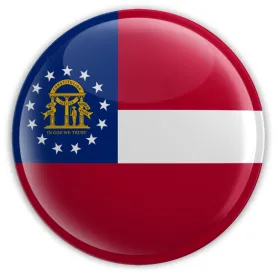The Supreme Court of the United States granted the State of Georgia’s request to address whether it can claim copyright ownership over annotations made to its official legal code. State of Georgia, et al. v. Public.Resource.org, Inc., Case No. 18-1150 (S. Ct. June 24, 2019).
The question presented is:
Whether the government edicts doctrine extends to—and thus renders uncopyrightable—works that lack the force of law, such as the annotations in the Official Code of Georgia Annotated.
The State of Georgia provides the text of its legal code available, but also compiles and produces the Official Code of Georgia Annotated (OCGA) with case notations, editor’s notes, excerpts from law review articles and other research references by Lexis, under a contract with the Georgia Revision Commission, an arm of the Georgia General Assembly. The contract specifies that the Commission owns the copyright to the OCGA and grants Lexis the exclusive right to publish copies of the OCGA.
The nonprofit group Public.Resource.Org, Inc. (PRO), which is dedicated to providing free access to public documents, purchased a copy of the OCGA and distributed it via its free website. The Commission sued PRO for copyright infringement, and the district court ultimately granted the Commission’s motion for summary judgment. PRO appealed to the US Court of Appeals for the 11th Circuit, which reversed, finding that the OCGA could not be copyrighted because the OCGA was approved by the Georgia General Assembly. The 11th Circuit concluded that the true “author” of the OCGA was “the people” and that the OCGA was in the “public domain” (IP Update, Vol. 21, No. 11). The State of Georgia appealed to the Supreme Court.




 />i
/>i
